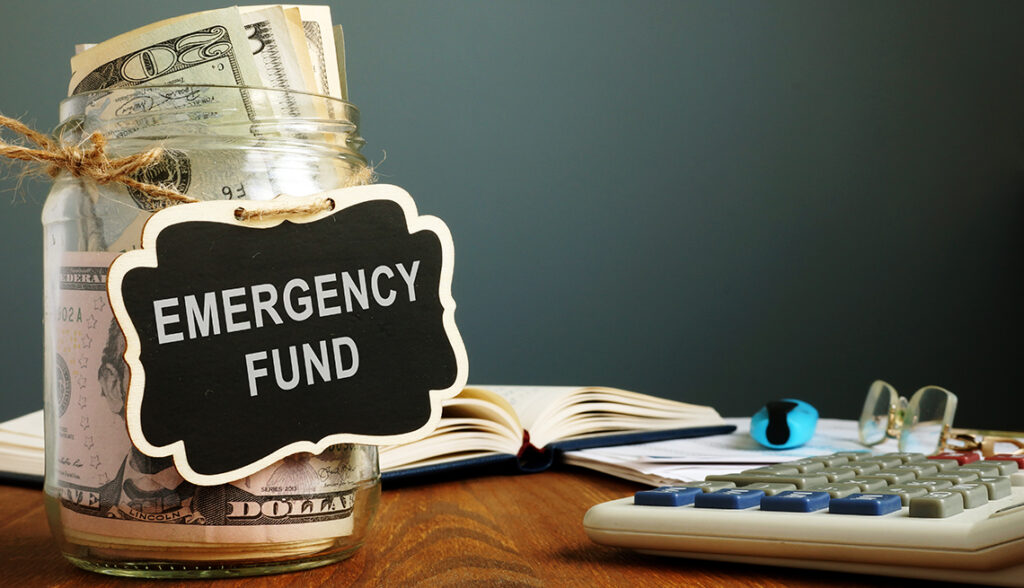When you get into a mountain of debt, you may make decisions like freezing your credit cards, avoiding outdoor meals, and evading expensive streaming subscriptions, etc. These things may help, but getting out of debt requires a proper plan and determination to reach your goal.
Debt consolidation is a common strategy that most people adopt to pay down their debts effectively. Consolidating debt is all about moving multiple debts into one loan or a credit card at a relatively lower interest rate. It seems helpful because it feels manageable and turns different monthly payments into a single one.
Debt consolidation is the beginning of a long process of moving towards a debt-free life. Below are some tips to make it work for you and do it in a smart way.
1. Differentiate Consolidation and Settlement

Before you get started, you should understand the difference between debt consolidation and debt settlement. Consolidation is a process of moving all of your debt into a single and manageable loan usually at a lower interest rate.
Whereas, a debt settlement shows that the creditor agrees to forgive debt after getting the payment less than full. Credit reports show a debt settlement as a settled or paid settled instead of paid in full. This is the reason; a single debt settlement can affect your credit score significantly. While consolidation shows your willingness to pay out debts in a more manageable way.
2. Be Smart When Selecting Debts for Consolidation
Reducing the number of monthly payments is one of the major perks of debt consolidation. Consolidating debt just to reduce the number of payments is not a good decision. But it should also save some bucks on the interest rates and fees.
So be smart when choosing debts for consolidation and select the debts with higher interest rates and put payments on autopilot. This will help you save a lot of bucks in terms of paying little toward the interest rate.
3. Quit using your cards

A fundamental rule of debt consolidation is to avoid using your credit cards while paying off debt. Quit using your credit cards to keep the monthly payments as lower as possible. Avoiding your credit card does not really mean closing the account.
Just make a little transaction on your card throughout the month, and then make full payment on time to keep the card active and credit scores in good health.
Writing down the objective of getting debt free, checking how often you make payments and setting reminders to check your progress are some keys to stay committed and make consolidation work for you.
4. Compare debt consolidation options available

Balance transfer credit cards and debt consolidation loans are the commonly used ways to move multiple debts into a single one. Balance transfer cards allow you to transfer your balances of other cards and charge 0% interest for a given period of time.
A good card usually comes with 18 to 21 months of 0% introductory APR period. After that period of time, you will be charged a double-digit interest rate. Some cards also charge a particular fee for transferring balances.
On another hand, debt consolidation loans are low-interest loans and allow you to borrow more money than the credit card limit. The interest rate usually depends on your current credit score and the amount of debt you need to pay. The lender also sends the money directly to the creditors so you cannot use that money elsewhere instead of making loan payments.
Make sure to compare available options to make the right decision based on your individual needs and debt repayment terms.
5. Build an emergency fund

While you avoid using your cards just to prevent a high-interest rate, building an emergency fund is a good idea to deal with emergency situations. An emergency fund helps you cover unexpected costs like medical emergencies or expensive car repairs so you can keep paying the monthly payments towards the consolidated debt amount. As a result, you can pay down the debt effectively without experiencing a financial strain.
Final thoughts
If you are struggling with multiple payments, debts with high-interest rates, and want more time to pay down your debt, then debt consolidation might be the right option for you.
However, you should choose the right consolidation method and pick the debts for consolidating smartly. Keeping the above-mentioned tips into consideration can make consolidation work for you.

